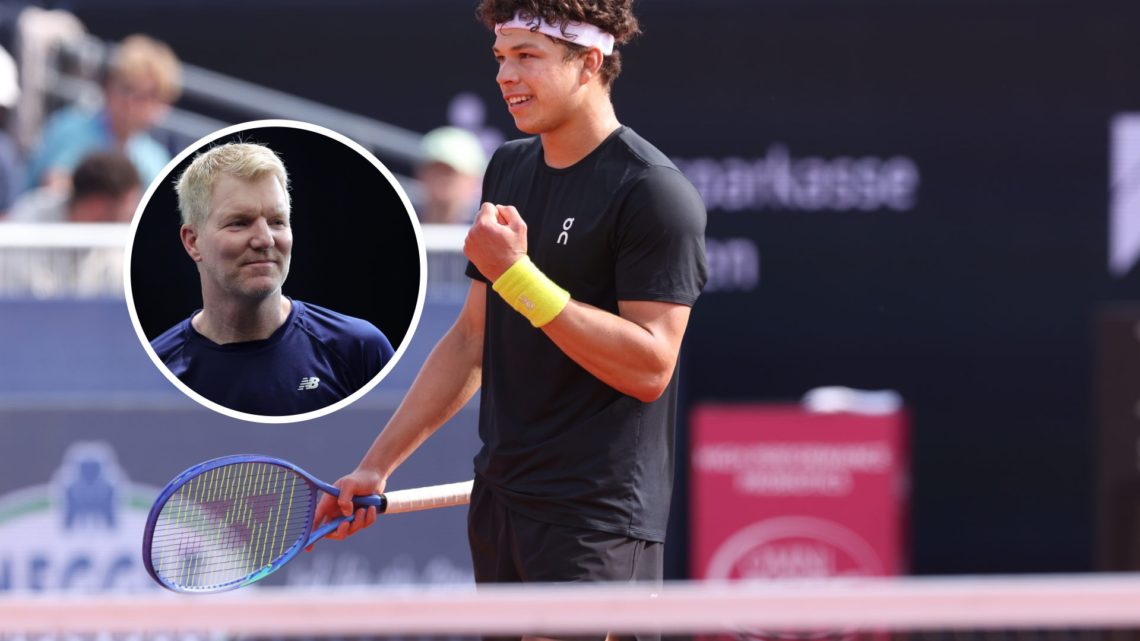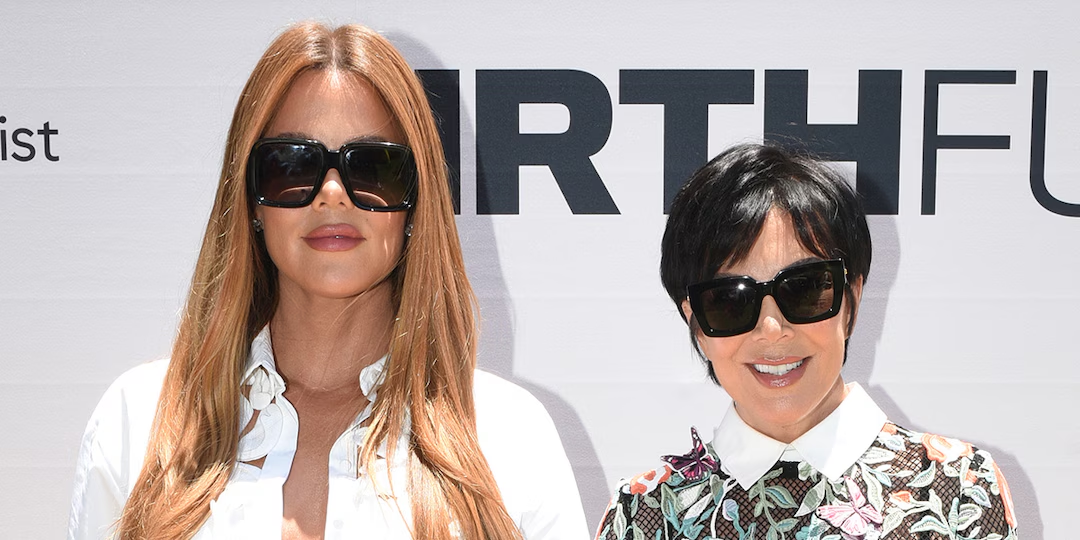The French Open always serves as a grand stage for drama, talent, and unexpected moments. But this year, one particular moment has caught the attention of tennis legends and fans alike—Ben Shelton’s shocking first-round performance. None other than Jim Courier, a former world No. 1 and a two-time French Open champion, has openly expressed concern, saying he’s “worried” about what unfolded on the court.
In this blog post, we’ll dive deep into why Jim Courier’s worry matters, what happened during Shelton’s match, and what this could mean for the young American’s future on the clay courts—and beyond.
1. Ben Shelton: A Rising Star Under Pressure
Ben Shelton has rapidly become one of the most exciting prospects on the ATP Tour. Known for his explosive serve and aggressive baseline game, Shelton’s rise has captured the imagination of tennis enthusiasts worldwide. His powerful playing style and youthful energy have propelled him into the spotlight, with many predicting a bright future ahead.
Yet, clay courts—like those at Roland Garros—pose a unique challenge. The slower surface demands patience, strategic point construction, and exceptional endurance. For a player like Shelton, whose game thrives on speed and power, adapting to clay can be a steep learning curve.
2. The First Round Shock: What Actually Happened?
Shelton’s first-round match at the French Open was highly anticipated. Fans and analysts alike expected a strong showing, but the reality was sobering. Shelton struggled to find his rhythm, unable to impose his game effectively on the slow, slippery surface.
Key moments that raised alarm included multiple double faults, unforced errors at crucial junctures, and a visible frustration that seemed to sap his usual intensity. His opponent capitalized on every opening, forcing Shelton to play defensive tennis rather than dictating points.
The final scoreline was a clear indicator that things didn’t go according to plan, leaving many questioning Shelton’s readiness for Grand Slam pressure on clay.
3. Jim Courier’s Concern: Why His Opinion Matters
Jim Courier’s words carry weight in the tennis world. A fierce competitor and two-time French Open champion, Courier knows better than most what it takes to succeed on the Parisian clay.

When he says he’s “worried” about Shelton, it signals more than just concern over a single loss—it’s a caution about the young player’s development, mindset, and ability to adjust to different conditions.
Courier’s worry suggests that Shelton might face bigger hurdles if he doesn’t find ways to adapt, improve his movement, and build mental resilience, especially on slower surfaces where raw power alone isn’t enough.
4. The Mental Side of Tennis: How Pressure Can Impact Young Players
Tennis is as much a mental battle as a physical one. For young players like Shelton, the transition from promising prospect to consistent performer is often riddled with psychological challenges.
The pressure of a Grand Slam, the expectations from fans and media, and the internal desire to prove oneself can lead to lapses in focus and confidence. Shelton’s first-round match appeared to reveal cracks in his mental armor—a factor Courier likely considered when voicing his worries.
Mental toughness, emotional regulation, and the ability to reset after mistakes are critical skills Shelton will need to master if he wants to compete deep into majors.
5. What Needs to Change for Shelton Moving Forward?
Shelton’s journey is far from over. Losses—especially early ones—can serve as pivotal learning experiences that shape a player’s career. Here’s what experts and fans hope to see from him next:
- Improved Clay-Court Movement: Adapting footwork and sliding techniques is crucial. Shelton must become more comfortable constructing points patiently on clay.
- Strategic Point Construction: Instead of relying purely on power, Shelton should focus on building rallies, mixing spins, and exploiting opponents’ weaknesses.
- Mental Fortitude: Developing routines to manage in-match pressure and staying composed after errors will be essential.
- Physical Conditioning: The demands of long clay-court matches require peak endurance and recovery ability.
If Shelton can address these areas, he will increase his chances not just at Roland Garros but on the entire ATP Tour.
6. Fans and Analysts React: Mixed Emotions
The reaction to Shelton’s loss and Courier’s comment has been mixed. Some fans sympathize with the young player, recognizing that growing pains are part of the journey. Others worry that the hype around Shelton might have been premature.
Analysts have emphasized the importance of patience and support for Shelton, reminding everyone that tennis history is full of stars who stumbled before finding their footing. Courier’s worries serve as a reminder that even the brightest talents need time to mature.
7. The Bigger Picture: What This Means for American Tennis
Shelton represents the new wave of American men’s tennis hopefuls aiming to reclaim prominence on the global stage. His struggles at the French Open highlight a broader challenge for American players—finding success on clay.
Historically, American men have had a tougher time at Roland Garros compared to hard courts or grass. Shelton’s experience shines a light on the necessity of developing all-around games and adapting to diverse conditions if the U.S. hopes to return to Grand Slam dominance.
8. What’s Next for Ben Shelton?
Despite the setback, Shelton has plenty of opportunities ahead. The tennis calendar features multiple tournaments on different surfaces where he can build confidence and experience.
Off the court, refining his training, working with coaches on strategy and mental skills, and maintaining his hunger will be key. The spotlight is intense, but this moment could serve as a catalyst for growth.

9. Conclusion: A Moment of Concern—And Potential
Jim Courier’s public worry over Ben Shelton’s French Open exit is a moment to reflect on the challenges young stars face as they ascend. Shelton’s talent is undeniable, but his journey will demand resilience, adaptability, and mental strength.
For fans, this is not the end but a compelling chapter in a rising career. Watching how Shelton responds to this adversity will define the player he becomes—and perhaps inspire a new era of American tennis.


